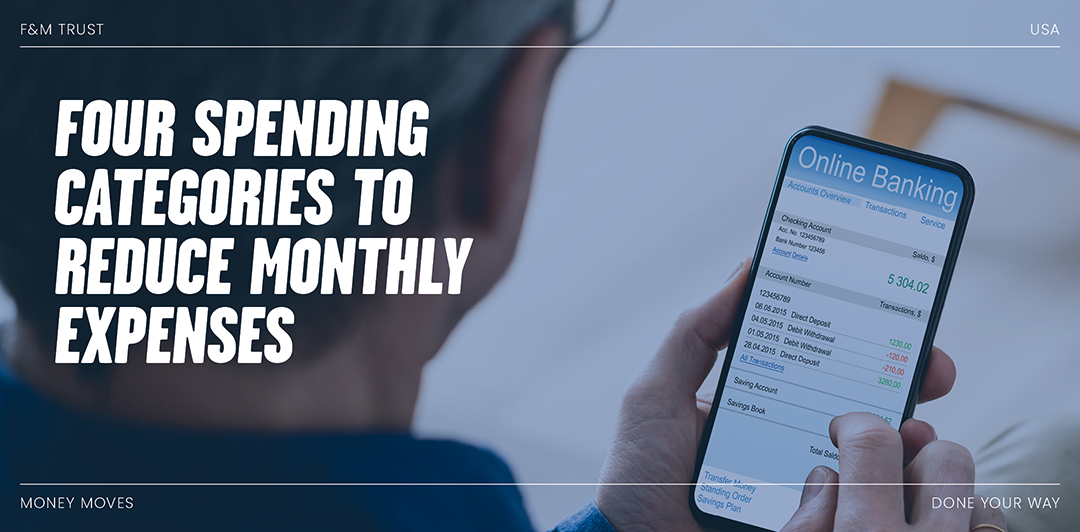


Four ways to stop living paycheck to paycheck
For many people, the days just before payday are the hardest.
With no savings and only a few bucks in the checking account, waiting for payday to come can feel like an eternity. To cover living expenses in the meantime, you may borrow money from family, take out cash advances or rely on credit cards – sure signs you’re living paycheck to paycheck.
If you find yourself struggling to make ends meet, follow these steps.
1. Trim expenses.
In order to stop living paycheck to paycheck and get on track financially, it first requires a serious audit of your spending habits. There are some things you just can’t do without like housing, food, medical care and utilities. But there are many things we really can do without – cable, Netflix, new cars, the latest iPhone. Get rid of that gym membership you’re not using. Look for ways to lower your home energy use. Opt to cook at home rather than dining out. Cutting back on your spending will enable you to stash money in an emergency fund.
2. Boost income.
Cutting out unnecessary costs addresses the expenditure side of the ledger, but boosting your income is another great way to help dig yourself out of a bad financial situation. Consider taking on a side hustle like driving for Uber or waiting tables. And know your value. Confirm that your salary is in line with your industry, position and experience. If it’s not, it may be time to ask for a raise, find a new job or switch career tracks altogether. Everyone should aspire to their dream job, but you have to make money too.
3. Build a safety net.
It’s imperative to build a safety net for life’s unexpected events like emergency room visits or unemployment. Having money set aside in a  savings account can help you avoid borrowing money and keep you above water in dire situations without needing to depend on high-interest loans or credit cards. The emergency account should be separate from the account you use every day. Of course it depends on your financial circumstances, but strive to save roughly three to six months of expenses. You can start small. Just start.
savings account can help you avoid borrowing money and keep you above water in dire situations without needing to depend on high-interest loans or credit cards. The emergency account should be separate from the account you use every day. Of course it depends on your financial circumstances, but strive to save roughly three to six months of expenses. You can start small. Just start.
4. Sock money away.
Once your safety net is in place, start saving for the future. If your company offers a retirement plan, take advantage of it – especially if they offer a match. Try to sock away 10-15 percent of your monthly earnings, but if you’re unable, contribute as much as you can.
Temporary sacrifices can decrease stress and even change your family’s trajectory.
Matthew Berger is the Investment & Trust Services Vice President, Market Manager for Franklin, Fulton and Huntingdon Counties.
Recent Articles
Join our e-newsletter
Sign up for our e-newsletter to get new content each month.






















